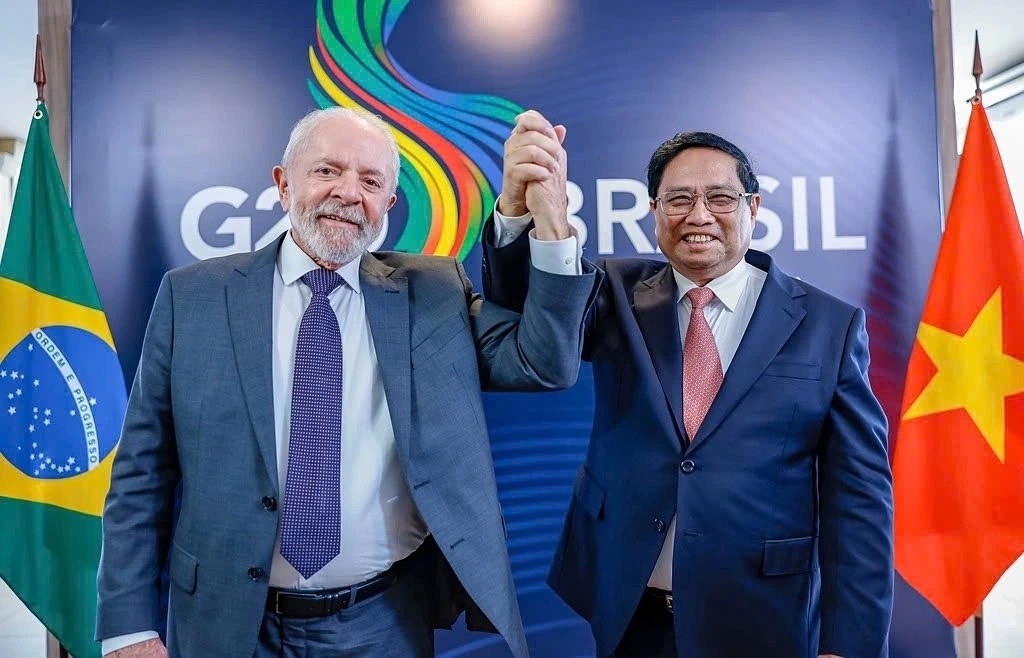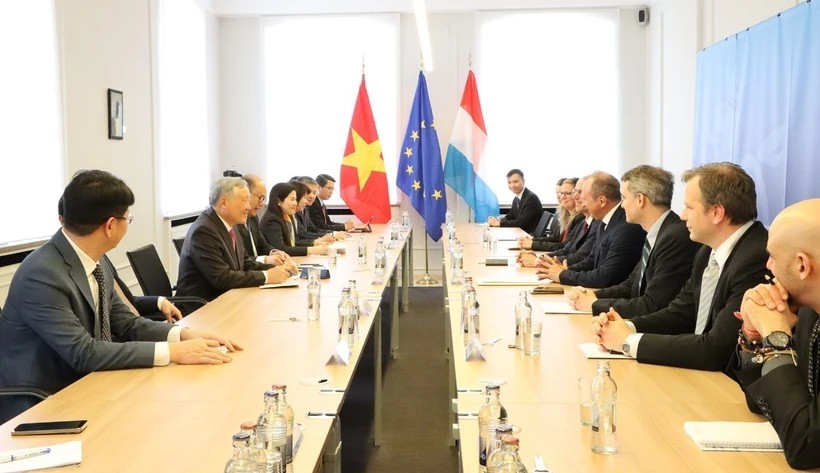Indonesian Journalist Hails Vietnam's Bamboo Diplomacy
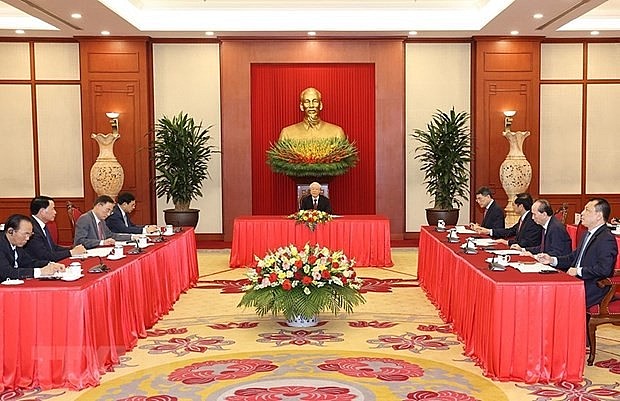 |
| The scene of the phone conversation between General Secretary Nguyen Phu Trong and the President of Indonesia in 2022. Photo: VNA |
In a new article titled “Bamboo Diplomacy and new impetus for the Vietnam-Indonesia Strategic Partnership,” Journalist Veeramalla Anjaiah, a high-level researcher at the Center for Southeast Asian Studies (CSEAS), and a former senior editor of the Jakarta Post, highlighted the significance of Vietnam's "bamboo diplomacy."
Journalist Veeramalla Anjaiah said that with the policy of "bamboo diplomacy," Vietnam succeeded in maintaining realistic relations with major powers while ensuring national interests.
In the article, journalist Veeramalla Anjaiah said that bamboo holds an important position in the history, culture, and daily life of Vietnamese people.
It symbolizes strength, flexibility, and resilience, characterized by strong roots and supple branches.
Vietnam's determination to pursue a foreign policy based on these characteristics, known as "bamboo diplomacy," is seen as a way of handling and responding to the challenges facing Vietnam in a rapidly changing world.
Journalist Anjaiah pointed out that strong roots are the core guiding principles of Vietnam's "bamboo diplomacy," such as national interests, independence, self-reliance, diversification, and multilateralization of foreign relations.
These principles are deeply rooted in President Ho Chi Minh's diplomatic thought and are the foundation for the country's foreign policy.
According to Anjaiah, by understanding the concept of "bamboo diplomacy," anyone can gain valuable insights into the elements of Vietnam's success.
Bamboo diplomacy is not only a way to deal with and respond to change but also a way to promote Vietnam's culture, identity and economic relations, with strategic and comprehensive partners.
This path is characterized by independence, activism and a commitment to non-interference. It highlights that Vietnam can be trusted to uphold its values and principles, even in the complex and ever-changing geopolitical landscape.
Anjaiah noted that Vietnam prioritized international integration since Doi Moi (renewal process) in 1986, with the redefining of cultural and diplomatic identity, in which President Ho Chi Minh's thought, and the policy of "bamboo diplomacy" are prioritized.
President Ho Chi Minh's writings have been used to absorb diplomatic insights, in which the emphasis is on linking the policy of "bamboo diplomacy" with harmonious relations, humanitarianism, flexibility, self-reliance and national independence.
The famous Indonesian journalist emphasized that Vietnam is a rising "star" of the Indo-Pacific region, a strategic country in Southeast Asia, with great diplomatic influence in the region.
Vietnam is currently a responsible member of more than 70 important international organizations and forums, such as the United Nations, ASEAN, the Asia-Pacific Economic Cooperation (APEC), Asia-Europe Meeting (ASEM), World Trade Organization (WTO).
From a centrally planned economy, a country surrounded by embargoes, Vietnam today has become a socialist-oriented market economy, with wide and deep economic connectivity.
Vietnam signed 15 free trade agreements (FTAs), including 3 new generation FTAs with high standards, and joined an extensive economic linkage network with major economies around the world.
If 30 years ago, Vietnam only had economic and trade relations with about 30 countries and territories, today this number is about 230 countries and territories. Total trade turnover in 2022 reached more than US$600 billion, about 120 times higher than in the early years after the implementation of Doi Moi (renewal process).
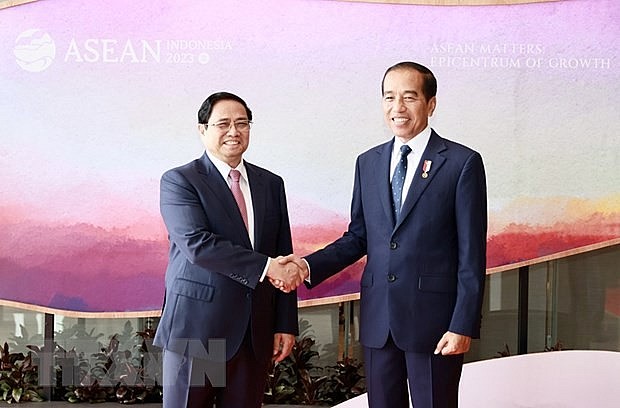 |
| Prime Minister Pham Minh Chinh and Indonesian President Joko Widodo in Labuan Bajo. Photo: VNA |
Referring to Vietnam-Indonesia relations, Anjaiah said that the bilateral relationship existed before 1945. Both countries not only shared difficulties and determination to win the struggles for national independence but also support each other to improve people's lives. Indonesia is also the first country in Southeast Asia to establish diplomatic relations with Vietnam.
Since officially established on December 30, 1955, the bilateral relations and multifaceted cooperation between Indonesia and Vietnam have been cultivated and developed by generations of leaders, and people of the two countries. President Ho Chi Minh came to Indonesia for a 10-day visit in February 1959.
In 2013, Indonesia-Vietnam relations were upgraded to a strategic partnership. At a phone call with President Joko Widodo on August 25, 2022, General Secretary Nguyen Phu Trong proposed the two countries strengthen party relations, mutual understanding and political trust through high-level meetings.
In May 2023, Vietnamese Prime Minister Pham Minh Chinh went to the Indonesian town of Labuan Bajo to attend the 42nd ASEAN Summit. At a bilateral meeting on the sidelines of the conference between Prime Minister Pham Minh Chinh and President Joko Widodo, the two sides agreed to further promote the traditional friendship between the two countries, creating momentum for the strategic partnership to reach new heights.
Finally, Journalist Anjaiah said that through its "bamboo diplomacy" policy and its economic potential, Vietnam needs to ensure enough flexibility, resilience and adaptability to maintain strategic autonomy, good partnership and healthy relations with all countries. The Vietnam-Indonesia relationship is expected to develop further in the coming years.
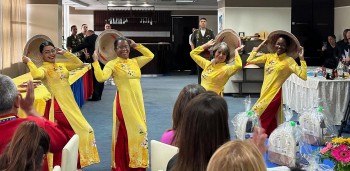 | Vietnam, Venezuela Enhance Cultureal Exchanges The cooking and dance classes help popularise Vietnamese culture in Venezuela |
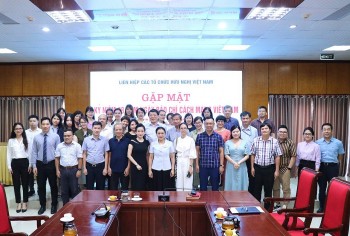 | How Vietnam's Press Contributes to People-to-people Diplomacy On June 19, speaking at a meeting to celebrate the 98th anniversary of Vietnam Revolutionary Press Day, Ambassador Nguyen Phuong Nga, president of the Viet ... |
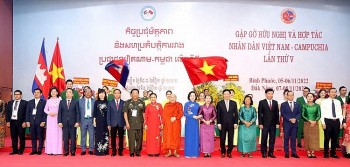 | People-to-people Diplomacy Contributes to Country's Development - Part 1 After half a term of implementing the Resolution of the 13th Party Congress, people-to-people diplomacy joined with the Party and State to promote the pioneering ... |
Recommended
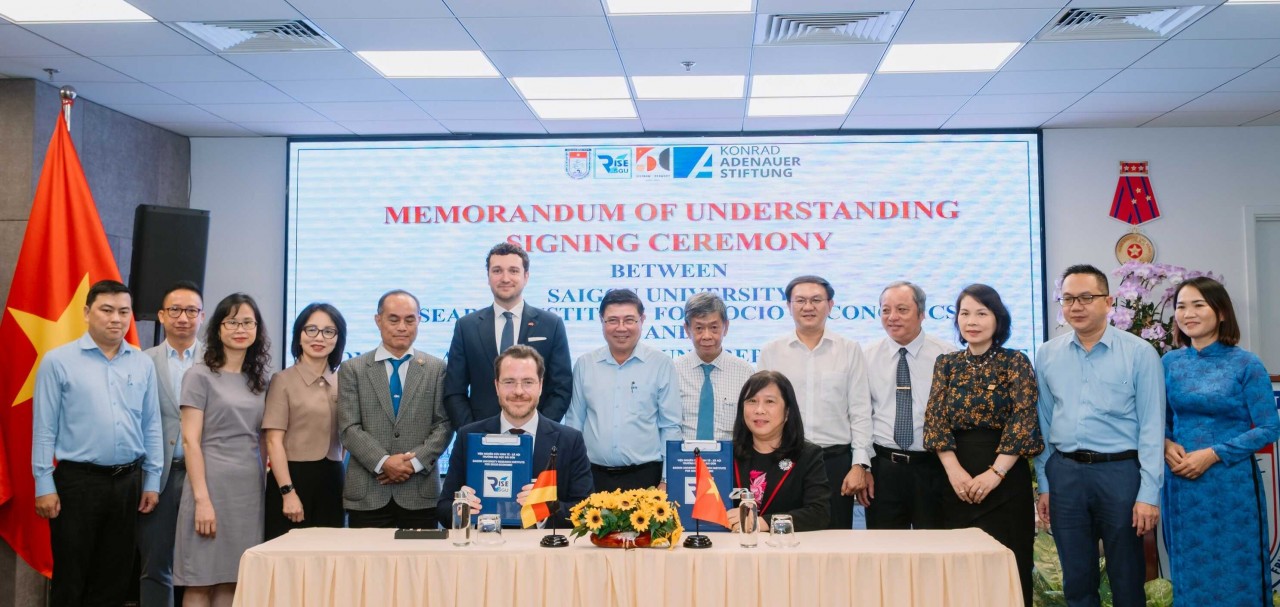 Friendship
Friendship
Another Vietnamese University Partners with Germany’s Konrad Adenauer Stiftung
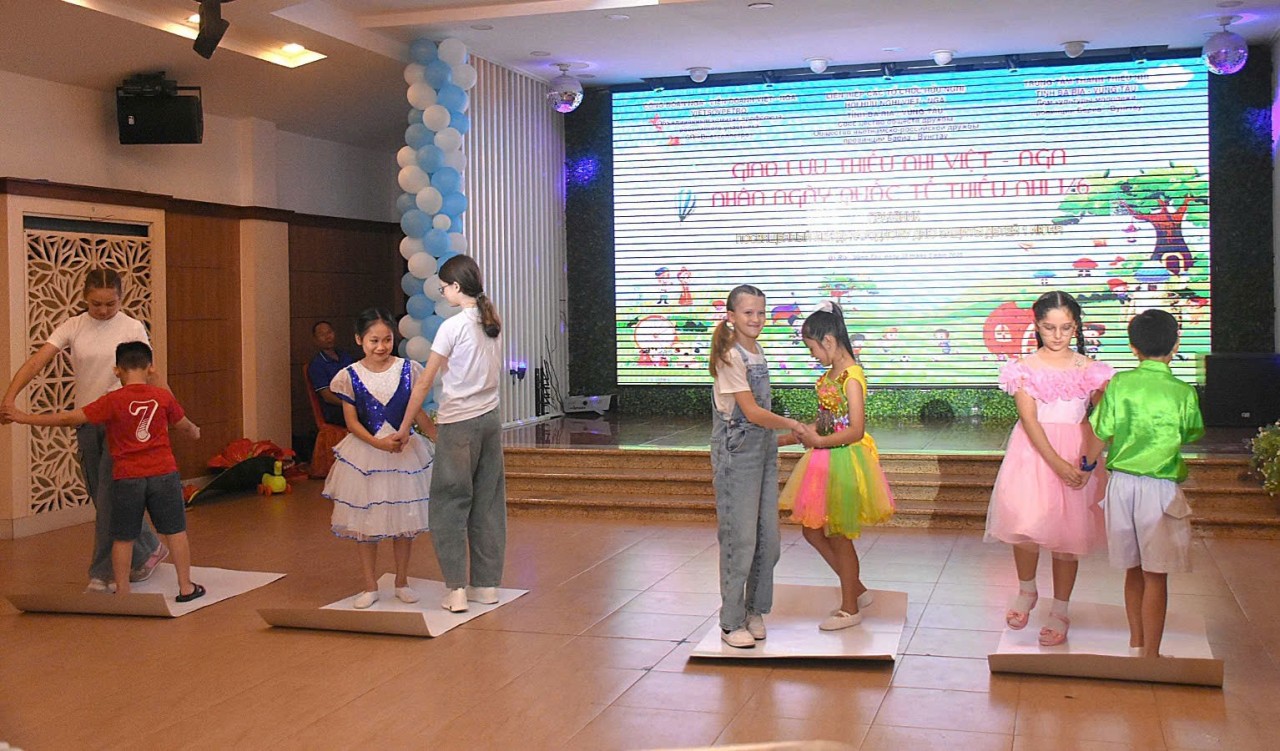 Friendship
Friendship
Over 200 Vietnamese and Russian Children Join “Red Scarf Of Friendship”
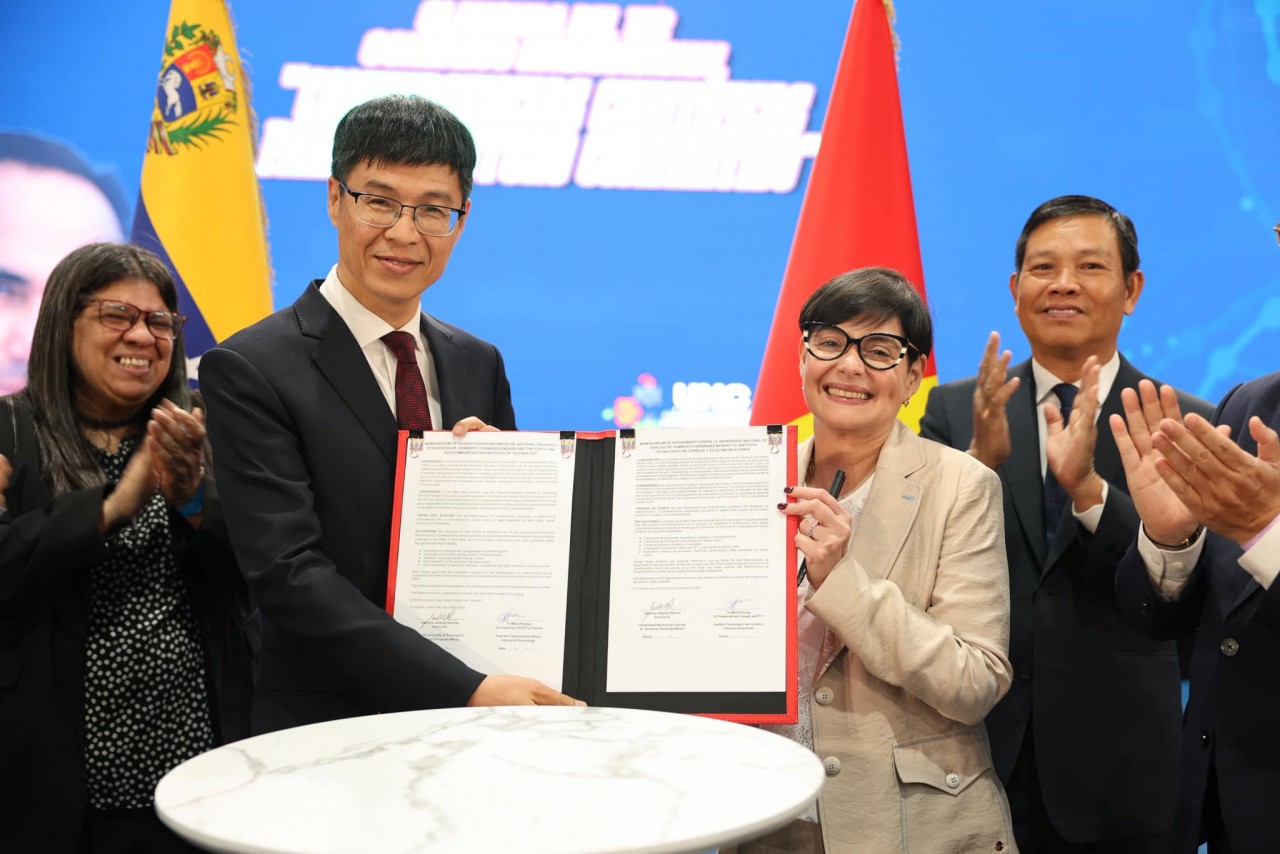 Friendship
Friendship
Venezuela Seeks Vietnam’s Expertise in Science and Technology
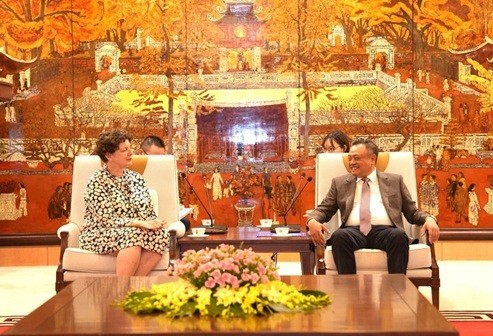 Friendship
Friendship
Diverse Activities to Celebrate the 50th Anniversary of Vietnam - Germany Diplomatic Relations
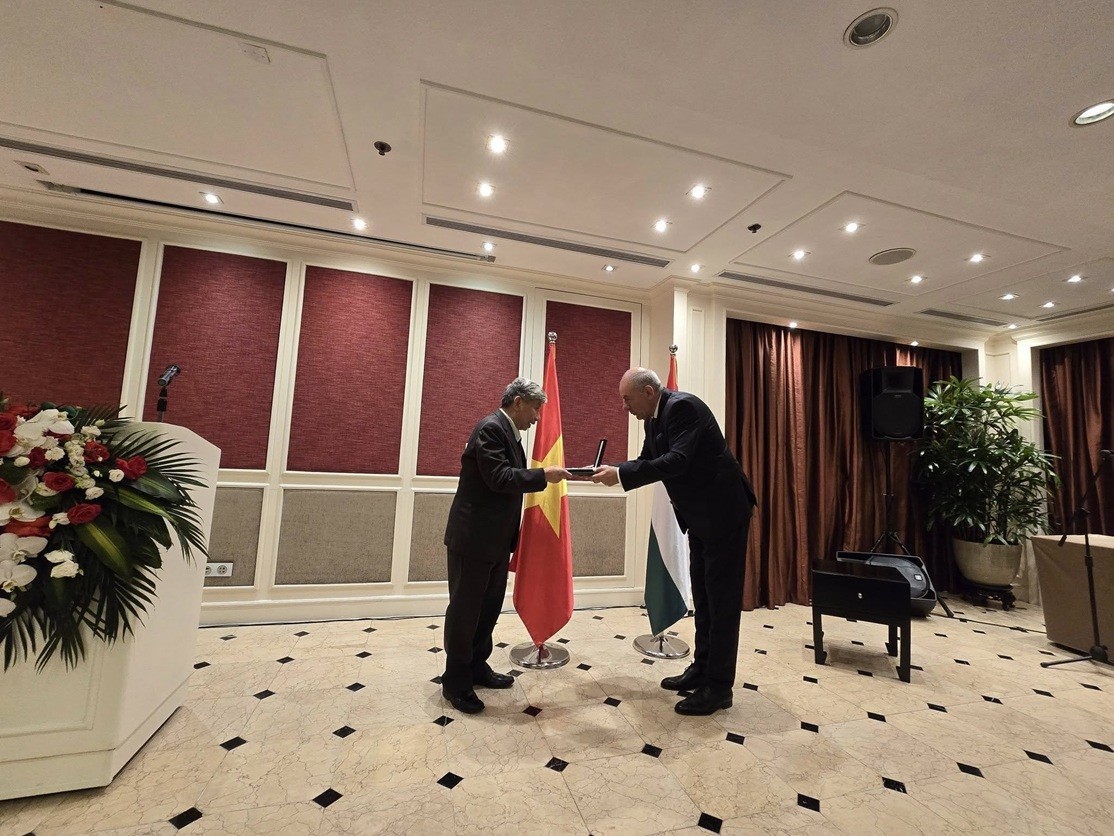 Friendship
Friendship
Dr. Vu Hoai Chuong Receives Hungary's Knight Cross Order
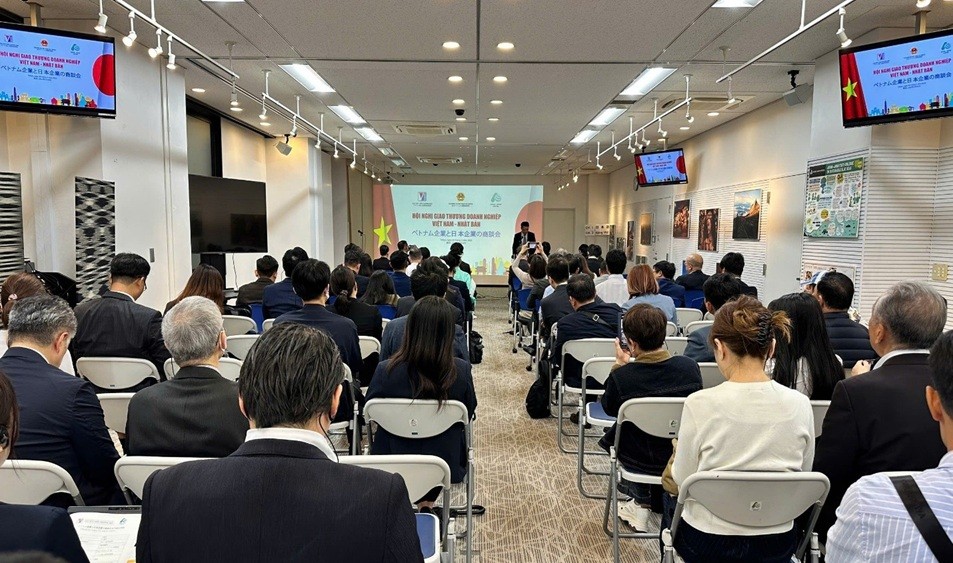 Friendship
Friendship
Promoting Vietnam - Japan Economic Cooperation
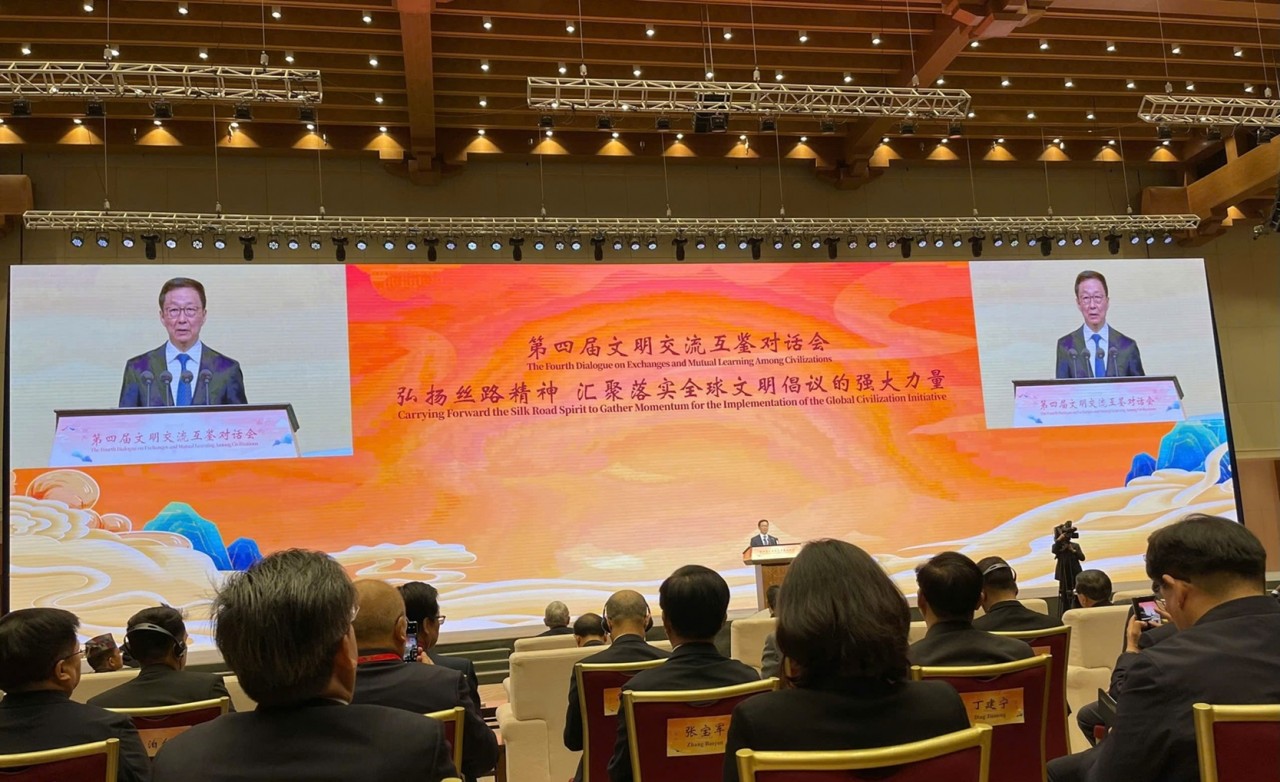 Friendship
Friendship
VUFO Attends Fourth Dialogue on Exchange and Mutual Learning among Civilizations
 Friendship
Friendship

